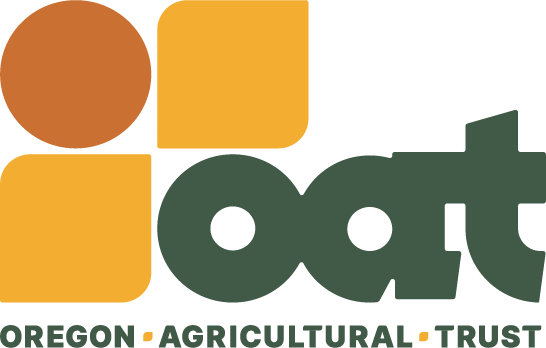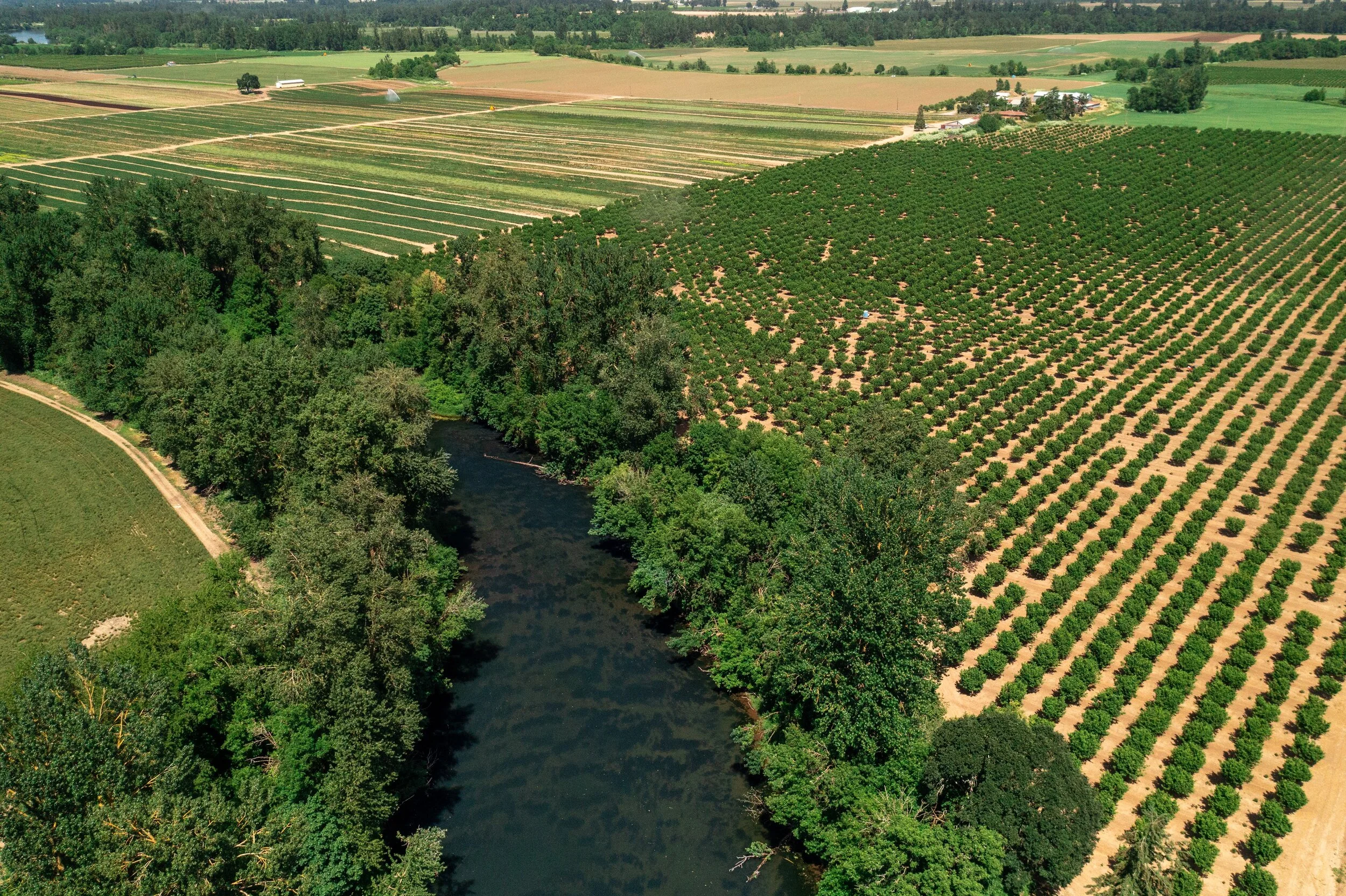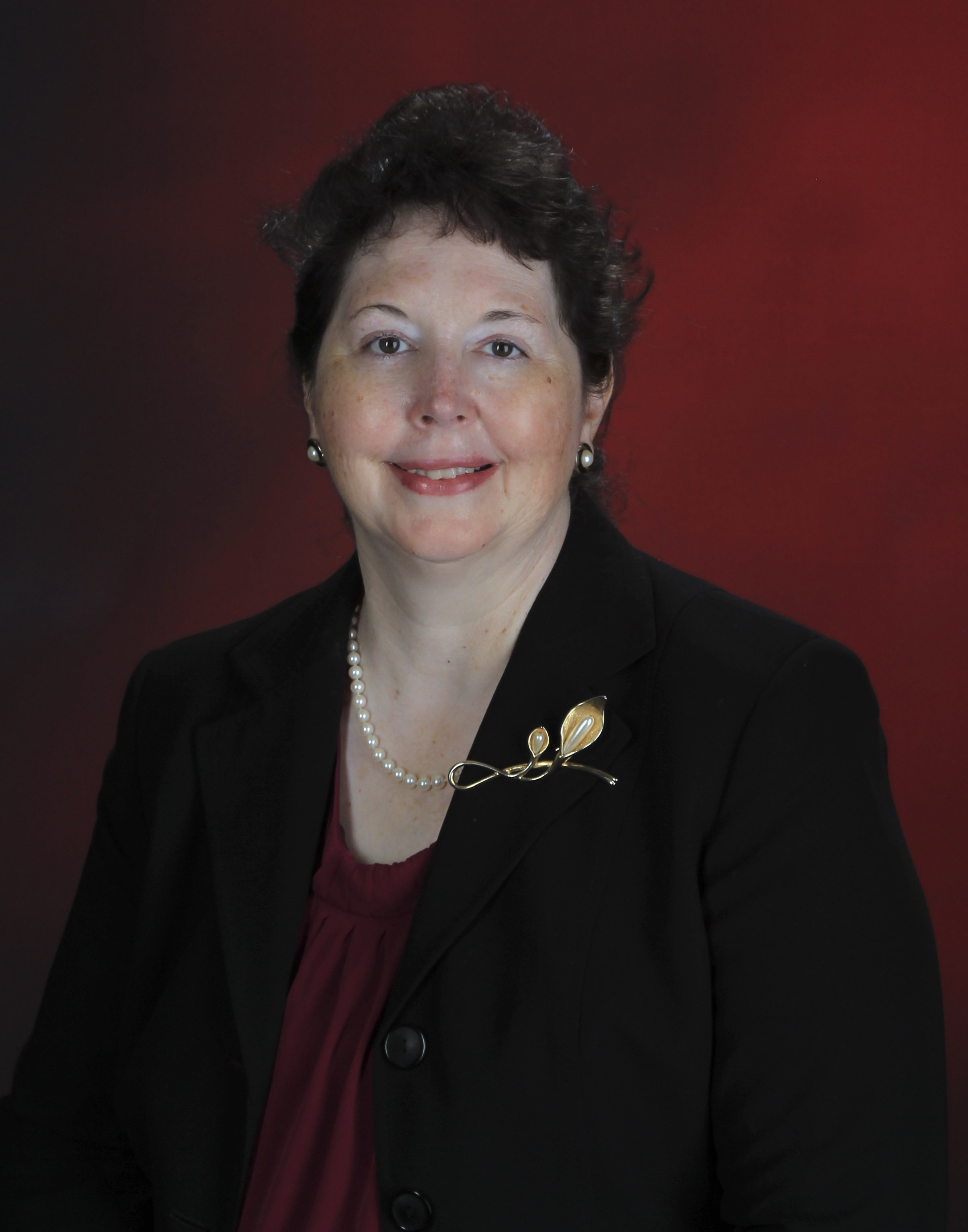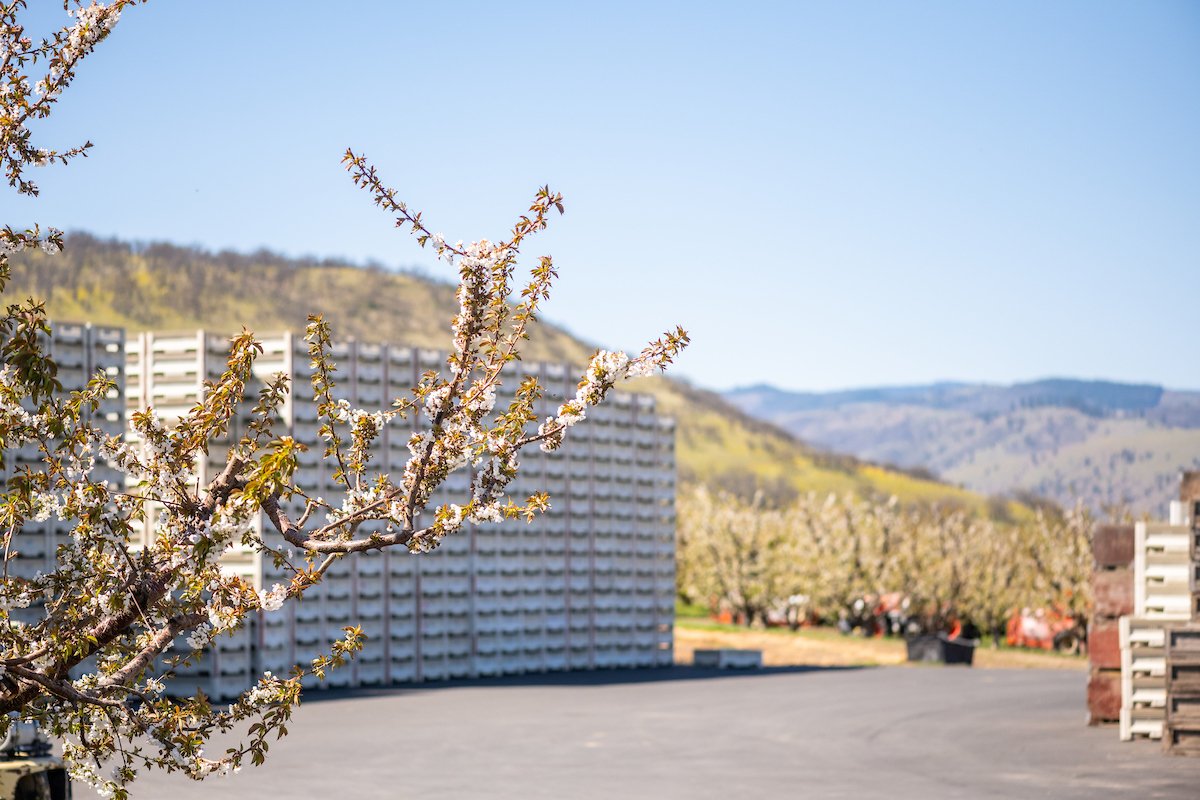“It takes time to make your succession plan happen, just like you took time to work the land to really build it up to be fertile or raise a beautiful herd.”
OAT’s Communications Manager, Cynthia Lopez sat down with Diana Tourney, Accountant and Small Business Development Center Counselor at Clackamas Community College, to learn more about her work as a succession planning educator for farmers and ranchers. In part one of this blog series, Diana shares the life experiences that led her to teach classes in succession planning for farmers and ranchers, as well as what succession planning is and why producers should start planning early.
CL: Can you please tell us a bit about your background and work?
Diana Tourney, Accountant and Small Business Development Center Counselor and Instructor at Clackamas Community College
DT: I'm an accountant and came up through the ranks, working in multinational companies. After seeing many people fail due to a lack of understanding of business finance, this became an area I planned to understand. While my goal was to only stay in accounting until I learned the ropes, I learned that I'm quite good at it, and enjoy it. When I think back, I was really the accountant on our family farm starting at about age eight. My dad was disabled so my mom and my brother would work outside while my dad and I did the books inside along with all the housework. By age eight, I was doing all the budgeting for our family farm. It helped us make decisions, whether you plant crops, whether you raise certain livestock, and when you change up your product mix, because at the end of the day, it determines whether you stay in business. The bottom line was something I learned early.
My experience in childhood really framed my adulthood. I married my high school sweetheart who was a farmer as well. We found that while city living is okay, it really wasn't our cup of tea. We enjoyed farming; however, it wasn't possible due to a very active military career. When you're going to Air Force bases all over the place, it's a little hard to have a farm, especially in different countries. Although you learn a lot about farming. I found farmers are the same the world over: they have to grow, raise or produce something to make a profit. They still have to choose what they grow, and it has to provide for the family. If it doesn't, the farm is not meeting its primary purpose as a business.
That's what brought me to the point of succession planning at Clackamas Community College. If people don't understand their farm is a business - unless you happen to have a trust fund that allows you to operate without a budget - you're in trouble. At some point, the farm is not going to make enough money and you may have to work outside the farm as well. It’s hard to keep up with a farm or ranch and work a full time job. In my accounting practice, I worked with hundreds of farmers and saw so many things that could be very different. At the college I have the opportunity to work with hundreds and hundreds more. So I have a vantage point that most people don't have. I genuinely wish more for our farm families and the future of farming!
CL - What exactly is succession planning in a farm and ranch context?
DT - My farmers and ranchers taught one very good lesson –I wondered why at first people weren't signing up for some of my classes. Finally, someone was very honest with me: they said “Succession planning sounds a lot like I'm going to die.” So I reframed the program at the Small Business Development Center (SBDC) at Clackamas Community College to Transition Planning. My initial focus was the landowning generation who wanted to retire. But the program has expanded. I realized that retirement really wasn't what many of these amazing farmers and ranchers wanted. They wanted a next chapter. So now we help transition their agricultural business and look at their next chapter, which creates a framework for a successful transition, enabling farmers to have their legacy and values preserved whether through family, key employees or another avenue.
In my last class, the average age of students was 77. Their kids were not looking to take over the family farm, so the transition plan that most would have expected within the family wasn't going to happen. In fact, quite a number of them had either outlived their heirs, or their heirs were disabled or just not willing to come back. Where continuing the farm to another generation was the priority, we explored different options.
Before long the program expanded again to include beginning farmers and ranchers who wanted to learn and network with experienced landowners who had made farming and ranching their life. To me, it's a full circle; you have to deal with the beginning farmer and help them get the skills so they can be successful. In Oregon, real estate prices are so high that farming is not economically viable in raising legitimate crops or livestock. However, there are ways to make the financial and operation equations work in the next generation. Time is one of the key elements and making preparations early on. Working with a landowner has many steps including advance planning, family meetings, meetings with key staff and taking time to discuss options with the many resources such as NRCS, OAG, SWCD, land trusts and others.
CL - Why should a farmer or rancher do succession planning? Can’t their family just work it out when the time comes - why should they start early?
DT - If they don't start early, odds are their wishes are not going to be reflected in the outcome. So many things can happen along the way. Part of the issue is real estate values are very high. Add to this, Oregon’s estate tax that begins at a million dollars and it gets complicated quickly. I’ve seen many, many farms sold for estate taxes. I had a rancher two weeks ago, he paid $5,000 for his farm [originally]. It was 2400 acres, a beautiful operation here in Oregon. He was shocked to learn it was worth almost $22 million today. He has quite a tax liability among other things. His thinking was he could put something in writing and there would not be a problem. There was no thought for taxes or family wishes because he didn’t think he was worth that much, he just raised cattle and maintained a good living. He did not have a huge savings account to cover the pending federal and Oregon estate tax that would be imposed at his passing. His heirs were not going to be able to afford taxes and would have to sell off part of the ranch. Some of the parcels were limited on what could be done on them and other parcels could not have a house or an additional house.
The point is this: if you do not plan and learn the options, somebody else is going to plan for you. It's very complex. You probably have wishes and expectations, and if you don't really look at it, you probably aren't going to be happy with the outcome. There are some excellent attorneys and accountants experienced in the agricultural space – they can be a partner to have on your transition team. Educating them on what you do or don’t want is part of the process.
Various research points to the estimate that as much as two-thirds [of farmers and ranchers] are not making a plan. Transition is happening by virtue of their passing, disability or inability to keep up with the operation. The result is usually very sad for a life invested in raising livestock, crops, etc. It’s possible to change this picture and I’ve found farmers and ranchers to be some of the hardest working people I know with amazing values. Maybe it’s time to become a pioneer of the future of agriculture. You may not be hitching up to a wagon and heading across the country, but you are a pioneer.
When I came to Oregon not quite six years ago, there were about 1,870 farms for sale. On average, they were about 232 days on the websites focusing on farming properties for sale. A couple of years ago, that number had climbed to over 3000 farms and ranches for sale. The average days to sell was in the mid-500 day range. If you're needing money from your estate to pay estate taxes, resolve final expenses this becomes VERY stressful and could have an unfortunate outcome. Today, the number of farms and ranches for sale could reach as much as 5000 and the average days on the market could easily top 600 days on the market.
The farm is your 401(K) in many cases. Perhaps you don't even want to leave, you want to be able to stay on the property and enjoy the next chapter. Take a moment to consider health issues and aging in place. It takes planning to get through these - and yes, you can do it, little by little.
Family dynamics may be another area you are not sure how to resolve. This is not a mountain you cannot climb, but you may need some help getting over the top, and facilitators and family counselors can be great resources.
My point in all of this is that it takes time to make your succession plan happen, just like you took time to work the land to really build it up to be fertile or raise a beautiful herd. Why goof it up now? When you have time and will be surprised at what you can do! If you do not have someone in your family or a key employee or employees to help with this, there are so many people eager to begin a career in farming and ranching. There are possibilities.
If you’d like to learn more, visit the Small Business Management Farm and Ranch Succession Planning Program at Clackamas Community College’s SBDC. Stay tuned for part two!



